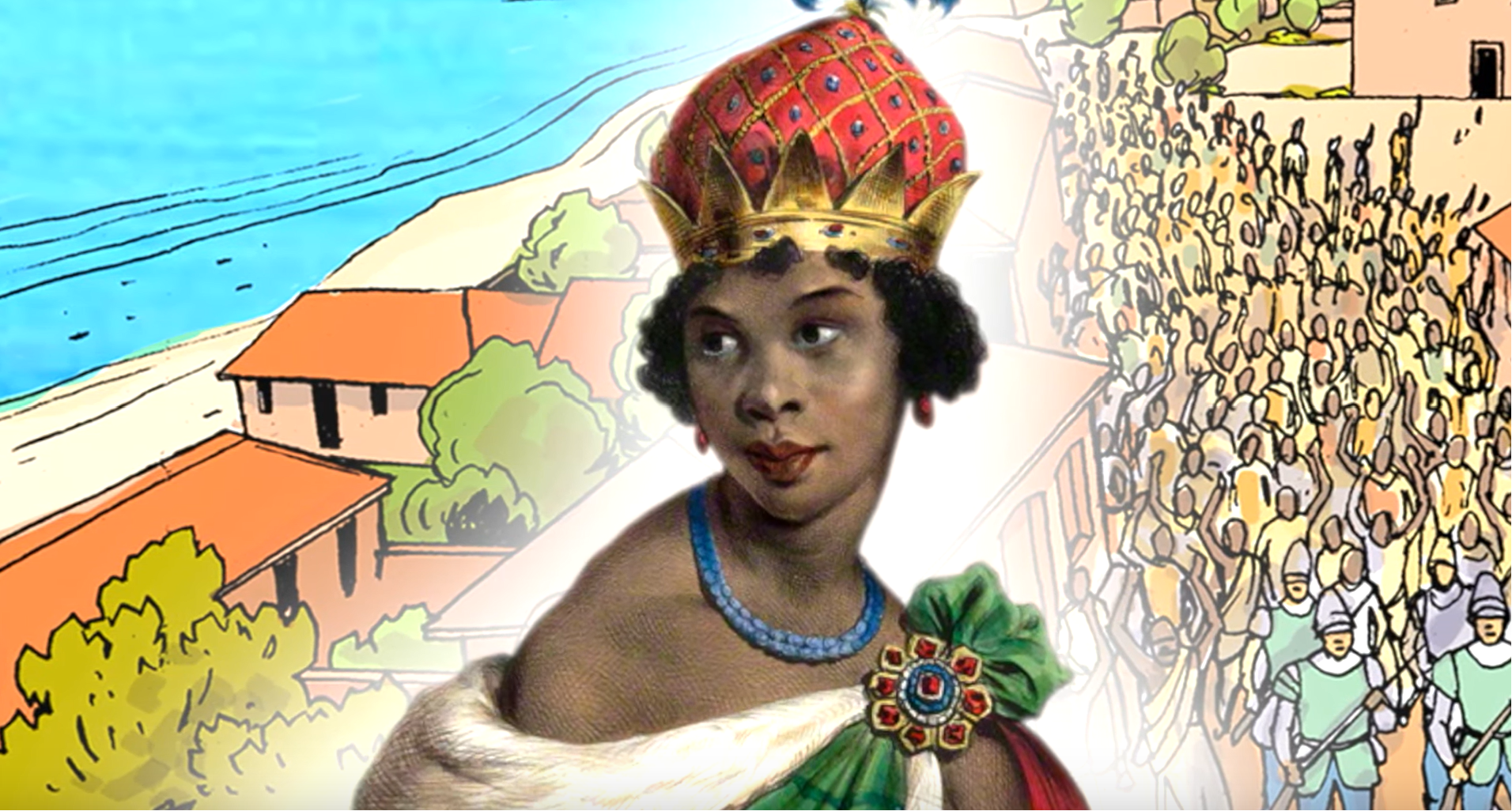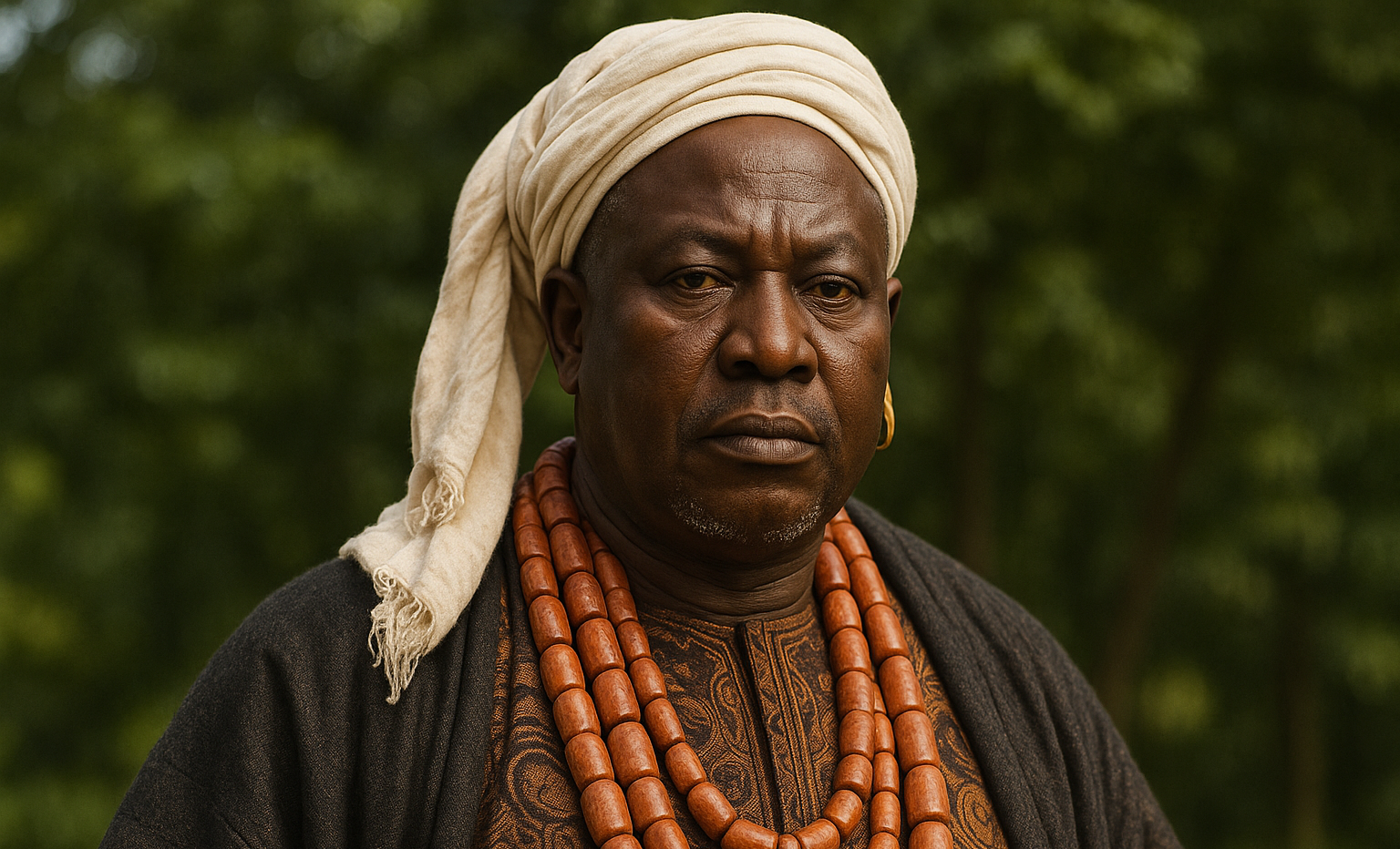In the annals of African history, few figures stand as prominently as Queen Nzinga of Ndongo and Matamba, a woman whose extraordinary life and reign in the 17th century embody the spirit of resistance against colonialism and oppression.
In the annals of African history, few figures stand as prominently as Queen Nzinga of Ndongo and Matamba, a woman whose extraordinary life and reign in the 17th century embody the spirit of resistance against colonialism and oppression.
Early Life and Ascension to Power
Born around 1583 into the royal family of Ndongo, a kingdom in what is now Angola, Nzinga Mbande’s path to the throne was marked by her exceptional diplomatic acumen. Her prowess in negotiation was evident early on, especially in her interactions with Portuguese colonizers. Following the death of her brother, King Ngola Mbandi, Nzinga ascended to the throne, setting the stage for a remarkable leadership journey.
Queen Nzinga’s tenure is most notably defined by her unyielding resistance against Portuguese colonial expansion and the slave trade. A skilled diplomat and strategist, she engaged in complex negotiations, not shying away from forming alliances, even with the Dutch, to counter Portuguese aggression. Her military tactics were ahead of her time, often catching her adversaries off guard.
The Transformation of Matamba
After facing internal challenges and the relentless threat of Portuguese invasion in Ndongo, Nzinga found refuge and new opportunities in Matamba. Here, she established herself as a powerful ruler, transforming the kingdom into a bastion of strength and a haven for runaway slaves and soldiers. Under her rule, Matamba became a formidable state, resilient in the face of external threats.
Cultural and Political Influence
Queen Nzinga’s influence extended beyond the battlefield. She adeptly navigated the complex tribal and political landscapes of her kingdoms, and her interactions with Christianity, often used as a political tool, significantly impacted the region’s religious dynamics.
A Lasting Legacy
Nzinga’s resistance strategies laid the groundwork for future anti-colonial movements across Africa. She remained a pivotal figure in the fight against colonial forces until her passing around the age of 80 in 1663. Today, Queen Nzinga is celebrated as a paragon of resilience and anti-colonial fervor, her legacy continuing to inspire generations.
Queen Nzinga’s story, rich in diplomatic and military achievements, is a testament to her extraordinary capabilities as a leader and a symbol of strength and resistance in African history.
















